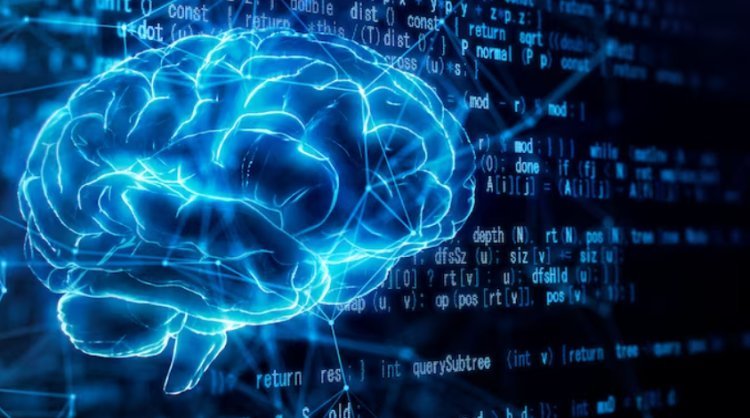From screening to diagnosis to finding a drug: Guidelines for AI in healthcare are established by ICMR.
The guidelines are meant to make it easier to come up with, implement, and use AI-based solutions that can be good for everyone.

On Friday, March 24, the first Ethical Guidelines for the Application of Artificial Intelligence in Biomedical Research and Healthcare were published by the Department of Health Research and the Artificial Intelligence Cell of the Indian Council of Medical Research (ICMR).
"an ethics framework which can assist in the development, deployment, and adoption of AI-based solutions" is the goal of the guidelines, which could be beneficial to all parties involved.
The use of AI technology in healthcare is expanding in India, as stated by Dr. Rajiv Bahl, Secretary to the Government of India, Department of Health Research, and Director General (ICMR). However, AI as a data-driven technology poses numerous potential ethical issues, such as transparency and explainability of algorithms, clarity regarding liability, accountability, oversight, bias, and discrimination.
According to the document, AI is a rapidly growing field that has significantly impacted almost every facet of human life, including healthcare.
It is anticipated that the incorporation of AI-based tools and techniques will enhance healthcare delivery by making healthcare more affordable and of higher quality.
"Computer tomography (CT) scans, for instance, can be read automatically by AI and radiologists alike[2]. AI can use chest X-rays to screen for tuberculosis with the same accuracy as molecular testing, and mammography scans can predict the onset of breast cancer before visual signs appear. According to the guidelines, "AI for health has been recognized as one of the core areas by researchers and governments."
In addition, AI-based technologies have the potential to improve existing methods of disease screening and diagnosis, increase diagnostic accuracy, direct evidence-based treatment algorithms, predict outcomes, and identify gaps in the health system, all of which could have an impact on human health and wellness.
Experts and ethics committees that look over research proposals that use AI-based technologies will use the guidelines.
According to Dr. Narendra Kumar Arora, Executive Director of The INCLEN Trust International, AI and machine learning (ML) will revolutionize healthcare.
According to Dr. Arora, "the central goal for such systems should be to make AI-assisted platforms available for the benefit of the largest section of common people with safety and maximum precision possible."













